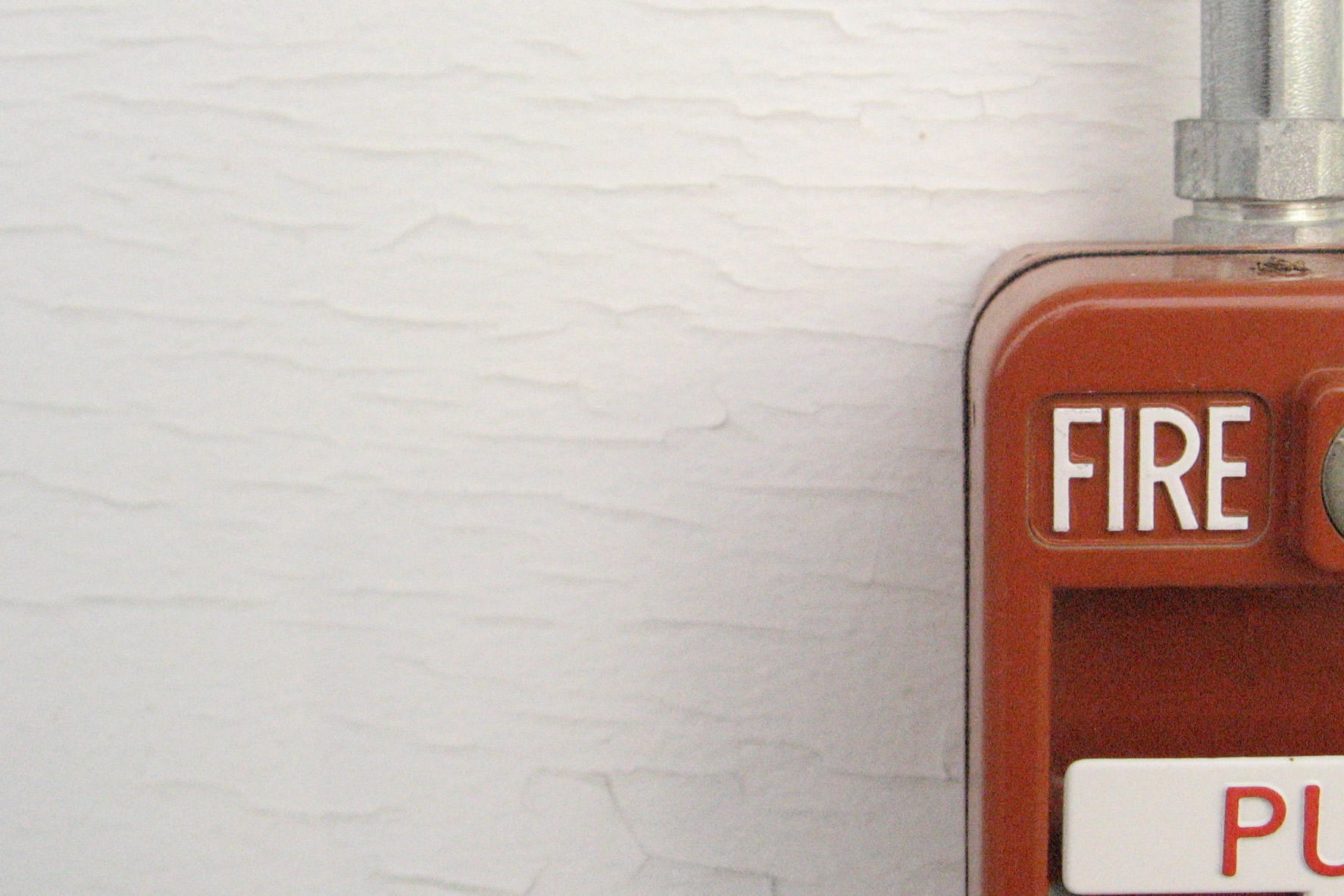Burnt popcorn is by far the leader in setting off fire alarms in dorms, said Justin Shelby, spokesman for Campus Safety.
Shelby said nearly all fire alarms that go off on campus are in dorms, a fact not surprising to many residents who’ve been wakened in the middle of the night to the smell of burning kernels.
“In-user” problems, a term Campus Safety uses to reference the most common causes of fire alarms going off, include people using too much hairspray, burning popcorn, setting off insecticide bombs or steaming up or overheating a room, said Jerry Powell, Campus Safety chief.
Other causes like dusty filters can result in an alarm, said Powell, or “vigorously dusting a room, theoretically speaking,” Shelby said.
The number of alarm calls is at its lowest level since 2005, Powell said. Last year 241 alarms were activated, more than 100 less than in 2007. The highest recent number was in 2004, when there were 522 alarm calls.
While most alarms are false, real fires do occasionally occur. In the late 90s, a halogen lamp heated up a student’s quilt in Thompson Hall, causing a fire, Powell said. No serious fires have occurred since then, however, he said.
Senior Erin Watts, a resident assistant for South Horton said that fire alarms her freshman year were annoying, but this year in Horton there hasn’t been a problem. “We’re trained pretty well,” said Watts.
Campus Safety defends the fire alarm system despite the rarity of real fires.
“We often get a lot of alarms that are not fires, but it is still important that everybody still evacuates the building,” Shelby said. “It’s important that we take every alarm seriously.”
Powell gave the fire alarm system credit, acknowledging that the alarms are “doing what they’re supposed to do.”
Edwards Systems Technology, a company hired by Biola, performs a checkup on the campus’s alarm system every summer, said Brian Phillips, senior director of facilities services.
This testing is in addition to the planned fire drills conducted each semester in the dorms.
Biola installed a new fire alarm receiving system a few months ago. Every fire alarm is connected to a switchboard that is able to record information regarding the origin and cause of each activated alarm.
From mass evacuations to fire drills, Campus Safety trains Residence Life at the start of every semester, Powell said. Campus Safety officers are assigned randomly to partner with resident directors and have a “person-to-person relationship,” Shelby said.
“The involvement in the experience [of a practice fire drill] is a good tool form,” said Stewart RD Garrett Suhr.
Suhr said Stewart Hall only had two minor incidents this year where students in a dorm blew a candle and when cooked chicken in the Stewart kitchen was burnt.







